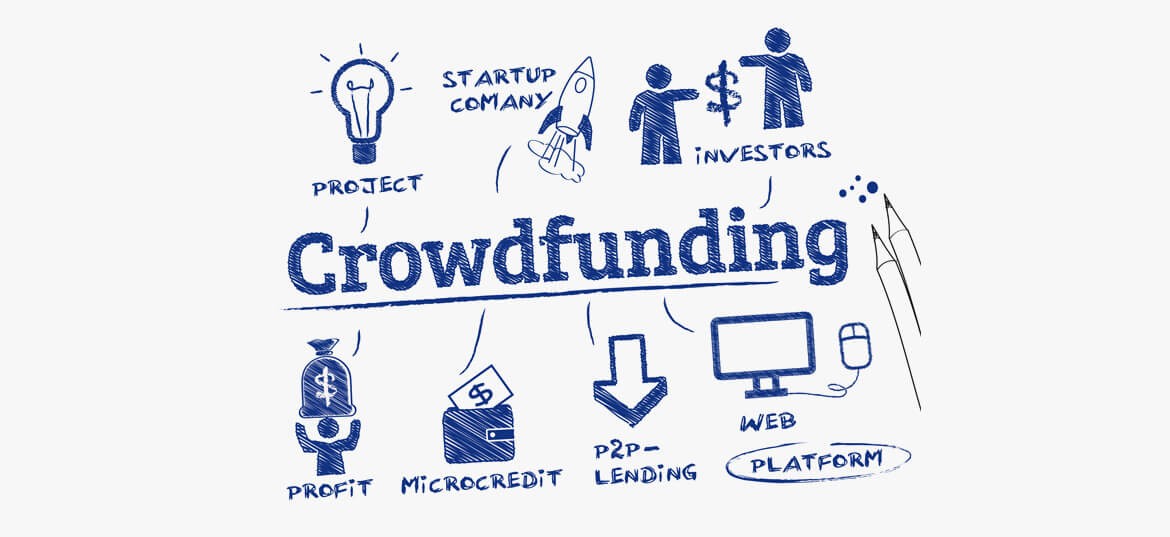Crowdfunding has become a very popular way to fund a new business enterprise, as owners do not have to pay back any of the funding. Many new businesses use sites such as Kickstarter, or AngelList to get their companies up and running. Perhaps the most commonly used type of crowdfunding is called “rewards-based crowdfunding,” in which entrepreneurs seek financial contributions in exchange for providing a service or product to donors. Often, the service or product is directly related to the new enterprise.
For example, someone trying to launch a beauty products business may offer moisturizer or lipstick to anyone who donates at least $100. You can also offer rewards that are not directly related to your own product or service, such as offering a t-shirt with your logo to anyone who donates $50. The rewards and minimum donation amounts for rewards can be big or small, depending on your enterprise.
This type of funding is beneficial for many types of companies that may not qualify for small business loans or other types of traditional funding. However, it is important that you can easily explain the concept of your business and its products to a large-scale crowdfunding audience. If your concept is too complicated or technical, it may not be as accessible to the public and people may not be drawn to contribute.
Anyone is allowed to donate to a rewards-based crowdfunding campaign, including your family and friends, business partners, potential customers, or complete strangers. However, the U.S. Securities and Exchange Commission (SEC) determined that there are individual investor limits in any 12-month period. Additionally, the SEC also places a cap on the amount of money that may be offered through crowdfunding. A campaign should be well-organized and publicized to reach as many people as possible, as individual contributions can be small. The more people you reach, the better, and social media can be a powerful tool for crowdfunding campaigns, especially because there is no cost to social media advertising.
Is Rewards-Based Crowdfunding Right for You?
There are different potential benefits and drawbacks to rewards-based crowdfunding, depending on your situation. Some benefits can include:
- You do not have to pay back a loan or interest
- You put up no collateral
- You do not need to prove prior business experience or good credit
- You can generally navigate the process of setting up crowdfunding without professional assistance
- You do not give up any control or equity in the company
In addition, crowdfunding campaigns can gain you exposure, brand awareness, and support before you even begin. This is especially true with rewards-based crowdfunding, as it helps you build a customer base right from the start.
Some possible drawbacks may include:
- Crowdfunding may not provide large sums of funding
- Getting sued for fraud or securities violations
- Inviting SEC action and subsequent penalties
- You may have to forfeit the funds you raise if you fail to meet your goal
- You must put your idea out there online for the public to see, which can expose you to possible competition that may steal your idea if you do not have intellectual property protections
Contact Our San Jose Startup Lawyer for the Legal Assistance You Need
Overall, the decision to engage in crowdfunding should be carefully considered. The California startup attorneys of Startup Company Counsel can help you review and weigh all of your funding options. If you would like to discuss our services further, please call 408-441-7555 or contact us online today.




